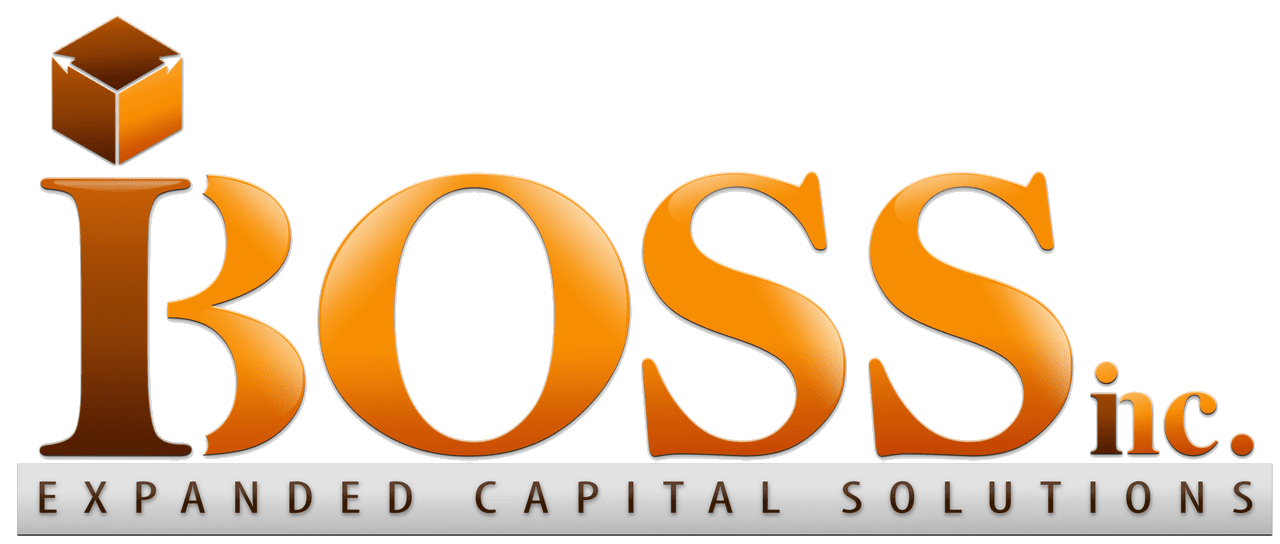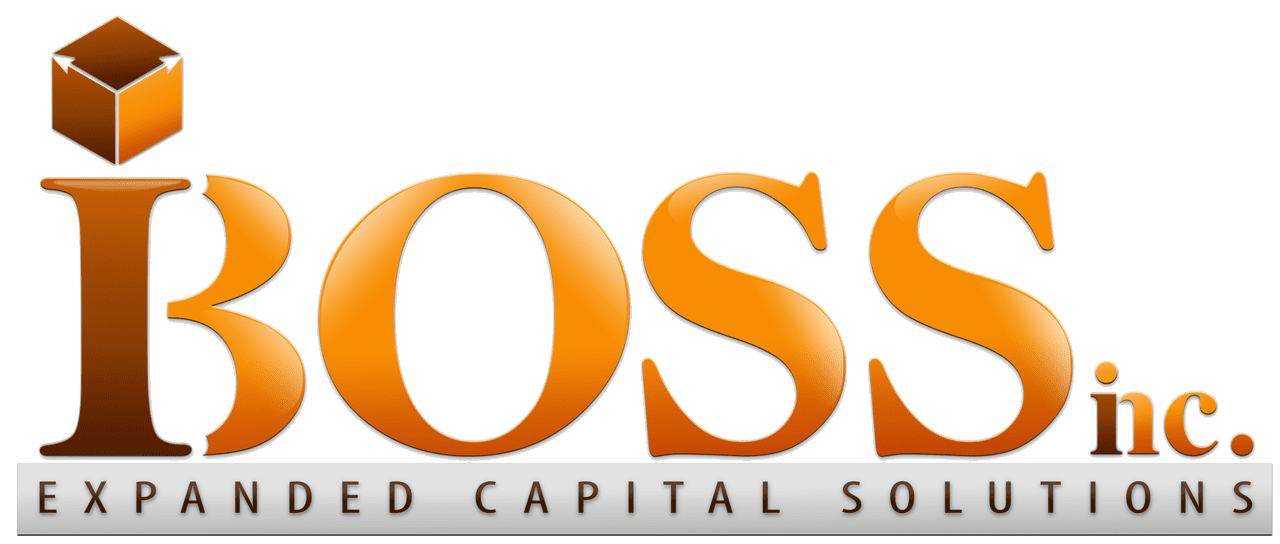03 - How Small Businesses Can Identify the Right Acquisition Opportunities
03 - How Small Businesses Can Identify the Right Acquisition Opportunities
![]() | Disclosure and Transparency Statement: This article includes AI-generated content; see the complete statement below.
| Disclosure and Transparency Statement: This article includes AI-generated content; see the complete statement below.
As an experienced business broker, I've seen firsthand how acquisitions can be a game-changer for growth-minded small businesses. With baby boomers retiring in droves, more established businesses are on the market than ever, which has created a prime climate for small companies looking to expand through strategic acquisitions. But finding the right opportunity takes precision and acumen. In this article, part of my 15-part series on growth by acquisition, I'll offer insights to help small businesses identify potential acquisition targets that align with their goals and capabilities. The ideal openings expand a company's reach and redefine its role in the marketplace. I'll share wisdom gleaned from years of guiding clients through the acquisition process to capitalize on opportunities to take their ventures to the next level at this pivotal juncture. I aim to provide a helpful roadmap for small businesses ready to explore prudent acquisitions that catalyze sustainable growth and market leadership.
Understanding the Market for Acquisitions
With baby boomers starting to retire in large numbers, we're seeing more established small businesses hit the market than ever before, which isn't just a passing trend - it represents a significant shift in our economy. As these experienced entrepreneurs step back, they leave behind meaningful legacies in the form of companies that have stood the test of time. Acquiring one of these ventures can be a strategic rocket boost for a growth-focused small business.
These companies up for sale are often gems carefully nurtured over many years. Their systems and operations have been honed through decades of hands-on experience in their industries. For a buyer, that means not starting from scratch but building upon a solid foundation laid by savvy predecessors. It's like getting a head start of several laps in a race - a huge advantage in today's fast-moving marketplace.
Let me give an example. Say a promising young tech startup has a great innovative vision but limited customers and market reach. By acquiring an established software firm from a retiring baby boomer owner, this small tech company wouldn't just be absorbing a business - it would gain instant history, a track record of success, deep industry knowledge, and an extensive customer network built over the years. This kind of acquisition could propel the tech startup into new market segments almost overnight. It would gain not just software and patents but a real market presence and reputation that could take years to build organically.
The tech startup could also leverage the acquired company's experienced staff, tapping into their insider perspectives to accelerate growth. And it could open doors to cross-selling opportunities across the combined customer base.
Essentially, by strategically acquiring the right baby boomer-owned company, a growth-focused startup can execute a multipronged growth move: blending innovative ideas with market experience and relationships cultivated over decades. It's about seizing the potential of acquisitions at the opportune moment - fusing timing, foresight, and calculated action to set a promising small business on a new trajectory for exponential growth.
Recognizing the Right Opportunity
When it comes to acquisitions, finding the right opportunity is like striking gold - it takes knowing exactly where to dig. For a small business, the ideal acquisition target aligns perfectly with strategic goals, complements existing strengths, and offers tangible assets to enhance overall value, which goes beyond just acquiring a company's products or services. It's about integrating a business whose assets, from client relationships to intellectual property, blend with current operations to create a combined entity greater than the sum of its parts.
Let me give an example. Say there's a family-owned craft brewery known for its high-quality artisanal beers and deep community roots. A small regional beverage distributor looking to expand its offerings could see this brewery as an ideal acquisition. It wouldn't be just a mashup of product lines but combine histories, reputations, and complementary advantages. The distributor gains a portfolio of prized brews and a cherished local brand, while the brewery benefits from a wider distribution footprint, potentially multiplying its reach. The distributor could leverage the brewery's loyal customer base to penetrate new markets while offering existing customers more choices. It's a win-win strategic synergy primed for growth.
When evaluating acquisitions, small businesses should look at three key factors:
First, complementary business models. The ideal target meshes neatly with the acquirer's existing model to enhance capabilities. Say a web developer buys a digital marketing firm - now it's a one-stop shop for clients.
Second, financial health. Seek sound targets with healthy revenue, profits, and growth potential - a solid foundation upon which to build. For example, a boutique with consistent year-over-year gains and a strong balance sheet.
Third, cultural fit. A merger combines cultures to ensure values, work styles, and ethics are in alignment. A culture clash could hinder integration if a flexible tech startup acquires a rigid IT firm.
By scrutinizing these factors, small companies can identify excellent and suitable acquisitions. This strategic fit unlocks new potential for mutual growth and success.

Timing Your Acquisition
Knowing the right time for an acquisition is both an art and a science. It requires having a solid operational foundation first—that is, your business processes run smoothly, cash flow is strong, and your market presence commands respect. You must be thriving, not just surviving, with all systems primed for expansion.
Yet equally crucial is paying close attention to external timing: industry trends, market conditions, and potential targets that may strategically complement your business. The ideal opportunity often arises when internal readiness intersects with favorable external factors.
Consider a beloved local bakery that has perfected its craft over the years and enjoys consistent profitability. The moment to acquire another company might arrive if a major regional supplier of top-quality organic baking ingredients were to become available for purchase. The bakery could vertically integrate by acquiring this supplier for full control over its raw materials, ingredients, and preferential pricing. It's the right external chance to meet operational preparedness—an alignment enabling the bakery to reach new culinary heights and boost economic efficiencies.
This example shows the two key facets of timing an acquisition: having an established operational base and the agility to seize ripe market opportunities. It takes foresight to scan the horizon and readiness to act when the moment is right—ensuring any acquisition makes strategic sense and sets the stage for ongoing growth and success.
Preparing to Buy
Preparing for an acquisition is like gearing up for a major expedition - you must map the road ahead and equip yourself for the journey. In the world of M&A, that means thoroughly analyzing the market landscape and auditing your internal capabilities to ensure alignment with your growth objectives. You have to dive deep into industry dynamics, understanding your current position and where potential acquisition targets are headed. This process is the compass guiding your path, so every step is purposeful.
Let's look at a real example: a thriving artisanal cheese shop looking to acquire a local dairy farm. The owners would start by assessing food market trends, like the surging demand for organic fare and farm-to-table dining. Next, they investigate inwardly – can they handle running a bigger operation? Maintain quality standards? Integrate supply chains seamlessly?
Preparations also cover the legal and financial landscape – are there regulatory requirements in buying a farm? What are the tax implications? How will they finance the deal itself? Answering these questions creates a framework for successful, sustainable growth.
Our cheese shop might realize that acquiring the dairy perfectly aligns with their objectives, letting them control ingredient quality while tapping into customer demand to support local, sustainable businesses.
This meticulous approach isn't just due diligence – it ensures a strategic fit for an acquisition that could redefine the company's future. It's about having the operational and financial capacity to take on new dimensions seamlessly. Rigorous preparation establishes a foundation for a smooth transition from small business to scaling enterprise.
Finding Viable Candidates
Finding that needle-in-a-haystack business to acquire takes both strategic insight and a keen eye for hidden opportunities. Today's digital world gives us powerful tools, like online marketplaces such as BizBuySell and BusinessesForSale. These sites can be treasure troves of potential acquisitions based on specific criteria – industry, location, revenues, and growth potential. But they only showcase publicly listed opportunities.
The perfect acquisition target often lies off the beaten path, undiscovered by those skimming the surface. Many promising companies never get listed for sale. They reside in industry backchannels, waiting to be unearthed by determined entrepreneurs willing to dig deeper. Running targeted campaigns and tapping industry contacts can reveal these underground prospects.
Say a solopreneur in wellness seeks to expand their health business. Attending trade seminars and scouring online forums, they might connect with a retiring practitioner looking to sell – a prime opportunity that flies under the mass market radar.
Approaching unlisted prospects demands finesse – meticulous research and outreach showing respect and discretion, which is where an experienced broker's value shines through. A seasoned pro connects you to opportunities and handles confidentiality sensitivities that are essential when businesses change hands. They understand the delicacy of early-stage talks and can safely navigate negotiations until the time is right.
Imagine a growing restaurant chain that wants to quietly acquire a specialty food supplier before the news might unsettle vendors or staff. A broker could confidentially survey the landscape, anonymously floating their client's expansion plans to potential targets open to acquisition.
Finding the right acquisition is often a fusion of visible listings and behind-the-scenes potentials known only to insiders. Combining modern digital tools with old-school networking and relationships can bring prime opportunities to the surface. A trusted broker's guidance makes the path more precise, strategic, and discreet.

Funding the Acquisition
Crafting the optimal funding mix for an acquisition is pivotal - balancing financial realities with the deal's intrinsic value. As a financing authority, I've seen firsthand how the right capital stack drives transformational deals.
Let's look at a small tech firm acquiring a cloud services provider. Their capital stack may blend personal investment, strategic debt, and creative financing solutions. They'll earmark some reserves while securing a traditional bank loan for the needed funds based on solid financials and profit potential.
But mindful that debt impacts balance sheets, they could selectively supplement with an SBA loan. SBA loans offer small businesses lower rates and flexible repayment terms - making them a strategic component.
Seller financing could also play a role if the seller wants to expedite the sale and shoulder some short-term risk. Here, the seller would finance part of the sale price, benefiting both parties. The buyer conserved capital requirements while the seller gained a stake in their legacy's future success.
Venture capital or angel investors may also invest, attracted by expansion possibilities in exchange for equity that provides critical funding and brings expertise and connections.
Now imagine a small home decor retailer eyeing a beloved local craft store known for its unique offerings and loyal customers. An SBA loan could anchor their acquisition financing, tapping into favorable rates and down payments. This capital foundation, combined with a portion of the retailer's available savings, ensures they have skin in the game without draining resources. Should the craft store owner agree, seller financing could alleviate immediate financial pressure, allowing the retailer to preserve capital for post-acquisition growth and integration.
In every scenario, blending financing options must align with strategic expansion goals and financial sustainability. It's assembling a funding mosaic that enables successful deal transfer and continuing prosperity under new ownership.
Structuring acquisition financing with strategic forethought lays the groundwork for future success. It spotlights an entrepreneur's acumen in balancing the books while pursuing the company's broader potential. So, ultimately, it's a process underscoring the importance of expertise, planning, and fully understanding the multifaceted funding landscape fueling business transitions.
Conclusion
As we conclude our exploration of scaling small businesses through strategic acquisitions, one thing is clear – the landscape abounds with rich opportunities for entrepreneurs ready to expand their horizons. Finding the right acquisition target involves a multifaceted analysis – thoroughly understanding your capabilities, growth aspirations, and marketplace dynamics.
Throughout our journey, we've spotlighted the wave of baby boomer retirements catalyzing a flush market primed for nimble small businesses. These established companies, steeped in history and operational prowess, offer golden expansion and diversification vehicles to those seeking targets that align with their mission and goals.
We've broken down the key steps in the process – from knowing when your enterprise can take on new dimensions to homing in on prospects that fit like missing puzzle pieces. We've demystified intricate funding complexities, shining a light on options from self-funding to sophisticated instruments like SBA loans and seller financing.
The essence of a successful acquisition lies in harmony between operational readiness, well-timed market moves, and strategic synergy with your core business identity. Whether a tech innovator acquires cloud services or a retailer embraces a craftsman's boutique, these principles hold true.
As a capital coach, my guidance is this: Let clarity of purpose, thorough preparation, and strategic foresight be your trusted guides. Small businesses now have the insights and tools for confident expansion through acquisition, equipped to seize immediate opportunities and actively create new ones moving forward. The acquisition advantage is yours for the taking.
The upcoming article, "The Professional Pivot: From Corporate Executive to Business Owner," will provide a comprehensive view for corporate professionals looking to transition into entrepreneurship by evaluating and acquiring existing businesses as a strategic pathway to ownership.
Previous Articles In This Series
01 -The Acquisitions Market: Baby Boomers Retiring - A Market Ripe with Opportunities to Partner, Merge, or Buy Businesses from Senior Transitions
02 - Navigating New Horizons: Growth By Acquisition - When Startups Should Consider Buying a Business as a Growth Strategy
Disclosure and Transparency Statement:
This article is founded on my industry knowledge and expertise, coupled with the assistance of artificial intelligence (AI) tools. As a committed advocate for small businesses and a pioneering voice in expanded capital solutions, I leverage technologies such as OpenAI, Bard, Bing, Claude, Grammarly, and other aids in my productivity, research, and composition processes interchangeably. This includes writing, editing, refining, or assisting in creativity, brainstorming, or outlining. The core substance of this content is sourced and prompted by my extensive experience and industry acumen of over 30 years. This and other blog posts have been refined to provide clarity and substance in service to the readers' success.





